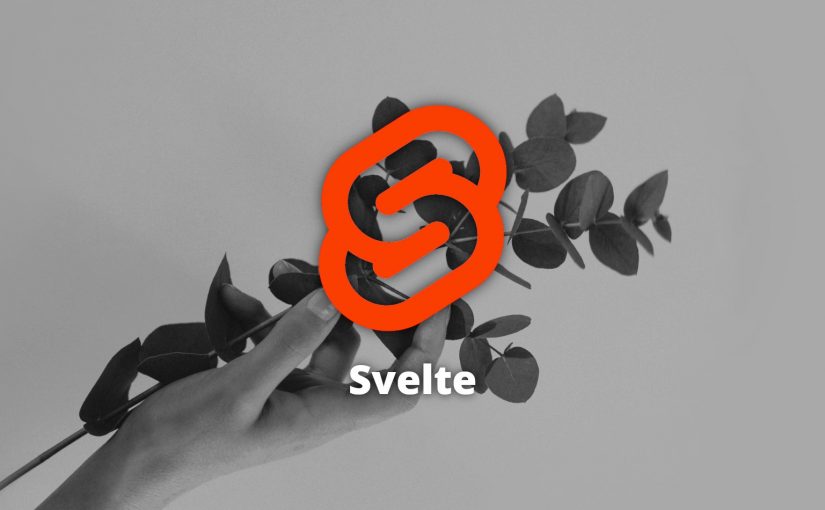When it comes to enterprise-ready server-side web development toolkits, Laravel is one of the big players and delivers an impressive plethora of components and methods to build large-scale non-trivial web applications. There are a few e-commerce components that build on Laravel as a foundation or present themselves as an extension for Laravel, but among those aimeos certainly is one of the larger ones, if now the default go-to solution for a large web-centric e-commerce platform.
aimeos – Large scale open source E-Commerce weiterlesenKategorie: Web Development & Design
Alles was mit Web Entwicklung und Web Design zu tun hat.
Everything concerning web development and web design.
SEO 2024
A few years back I wrote German piece on SEO, the somewhat obnoxious misuse the term gets from the broader masses and explained what the term “SEO” actually means and how it relates to the shady claims of magic tricks to boost Google placement and search term domination.
Having that issue covered it makes sense to talk about the actual SEO and what tools, standards and techniques could make sense for a feasible SEO in 2024 and the future.
An all new Angular
Just this morning I had a very thorough and pleasant interview with a team that has its mission-critical stuff done with Angular. For me a good reason to check back with the Angular crew, also because they also were the pioneers of a PL that I’ve come to like and use in the mean time: TypeScript. And a revisit of Angular doesn’t disappoint.
An all new Angular weiterlesenState of the Word 2023
Matt and his crew together with the Spanish WordPress community just held the annual State of the Word keynote in Madrid. Interesting stuff, including a Gutenberg editor that’s growing more and more powerful.
State of the Word 2023 weiterlesenThe WordPress 2024 Theme
The brand new WordPress 2024 Theme is out and ready for use. This shows off the newest features of the Gutenberg Editor and its ever increasingly powerful pagebuilding features, that as of WordPress 6.4 now feature complete full page editing within the built-in Gutenberg pagebuilder and a bunch of updates and new default core WordPress blocks.
The WordPress 2024 Theme weiterlesenPenpot
Looking for a professional free open source Screendesign tool that doesn’t lock you into subscriptions or fees but offers the full range of features? Penpot has you covered. I ran into this a few years ago but finally had the change to play around with it. And I’m impressed.
Penpot weiterlesenThe Vue Ecosystem
For larger modern and VDOM-related frontend work the contemporary Vue ecosystem is a good choice and lets you move fast and deliver tried and tested results. Here’s a list of the broader technologies that yours truely recommends for non-trivial web projects using Vue as a foundation for your SPAs.
The Vue Ecosystem weiterlesenHipster Compliant VDOM
VueJS is the third of The Big Three™ SPA/VDOM Toolkits and it enjoys an ever growing following. Sort of a mix of the best of React and Angular, it has a distinct “ISO-certified hipster compliant” vibe about it and doesn’t fail to deliver on its “View!” promise.
Hipster Compliant VDOM weiterlesenLit & Kor
As an application platform the modern Browser is finally becoming more managable. MS IE and even the new one, MS Edge, are history, most Browsers are now based off the Blink Rendering Engine, meaning Chrome, with Safari and Firefox being modern exceptions that none-the-less offer most contemporary web-features. As a consequence it is now increasingly more feasible for contemporary web applications to use modern methodologies, such as Web Components and JavaScript Template Literals for building WebApp UI Components and updating the view.
Lit & Kor weiterlesenNext up: Low Power Computing
Obviously.
We knew this would be coming. Isn’t there any seasoned developer like me who doesn’t think that in the last two decades things have gotten out of hand? Most of the Web is dynamic for no good reason and recent tech-fads such as NodeJS or the Container/Docker Craze with its convoluted and bloated build, deploy and runtime requirements have taken resource consumption up to eleven. And certainly not just serverside. Just look at Googles favorite end-user VM Chrome and its energy requirements.
Next up: Low Power Computing weiterlesenDropzoneJS & React Dropzone
Modern-Day Drag’n’Drop for the Web:
DropzoneJS & React Dropzone.
Enjoy.
Inkscape Apply Transform
If you need to install the “Apply Transform” Extension for Inkscape to easily … apply transforms (Duh.) on Linux you just need to execute this command and it will download the Inkscape extension scripts and deploy them straight to the global Inkscape extension directory:
Inkscape Apply Transform weiterlesenMeet Deno, the new Node
Deno is a new implementation of a runtime environment by the original creator of Node. v1 came about roughly a year ago and it’s basically a redo of Node with all the insights gained and the newest proven technologies at its core. Deno is implemented in Rust and sports TypeScript as a native and first class citizen. By default Deno has no local access, it has to be given explicitly which is the right way to secure things. It has integrated tooling such as a bundler and a formatter and it loads external components via URI, so it’s basically SOA-ready by nature.
Meet Deno, the new Node weiterlesenProbleme in Softwareprojekten
Hier sind ein paar Schlüsselindikatoren, die nach meiner Erfahrung zur Problemen in Softwareprojekten führen. Die meisten davon haben nichts mit dem technischen Entwicklungsprozess zu tun.
Probleme in Softwareprojekten weiterlesenCypress
Material UI – Material Design for React Applications
Nice. Check it out: Material UI.
Browser für die Webentwicklung
Für die Webentwicklung ergibt es oft Sinn, sich mehrere Browser zu installieren, um in getrennten Sessions und Nutzerkonten seine Webapplikationen zu testen. Hier eine Übersicht über verschiedene Browser, die sich weitgehend kollisionsfrei nebeneinander installieren lassen:
Browser für die Webentwicklung weiterlesenSvelte
While true Web Components are on the rise and the Google Polymer Project has ended its lifecycle and web component efforts are now continued with the super-light lit library, classic VDOM and PWA toolkits are still in wide use. The big three – React, Angular and Vue – have contenders, some of which have gained wider attention and have their own solid set of fans and hipster advocates. One of these libraries is Svelte, a build-time PWA library and toolkit with quite a large set of non-trivial libraries built for and on top of it.
Svelte weiterlesenState of the Word 2021
Matt Mullenweg, CEO von Automattic (WordPress.com, etc.), hat dieses Jahr wieder live die State of the Word Ansprache gehalten, wenn auch im kleinen Kreis. Viel interessantes ist dabei, unter anderem eine solide Übersicht über die aktuellen Features.
https://www.youtube.com/watch?v=OpiH_P9aGhQ
WordPress 2021
WordPress hat gewonnen – so viel ist klar. 39,5% der obersten 10 Millionen Websites im Internet werden jetzt von WordPress bereitgestellt. Das ist ein 4% Zuwachs in nur einem Jahr – der größte Zuwachs seit Begin des Projekts. Einen nicht geringen Anteil daran hatte auch das in der Pandemie gewachsene Interesse von einzelnen, auch eine eigene Stimme im Web zu haben und auch selber im Web zu verkaufen. WooCommerce, das eCommerce System für WordPress, hat ebenfalls soliden Zuwachs erfahren.
WordPress 2021 weiterlesen


















